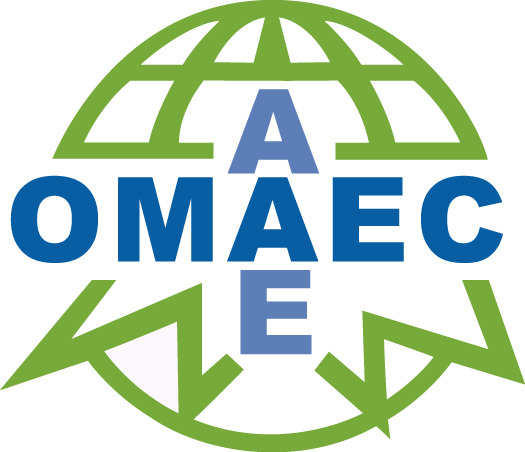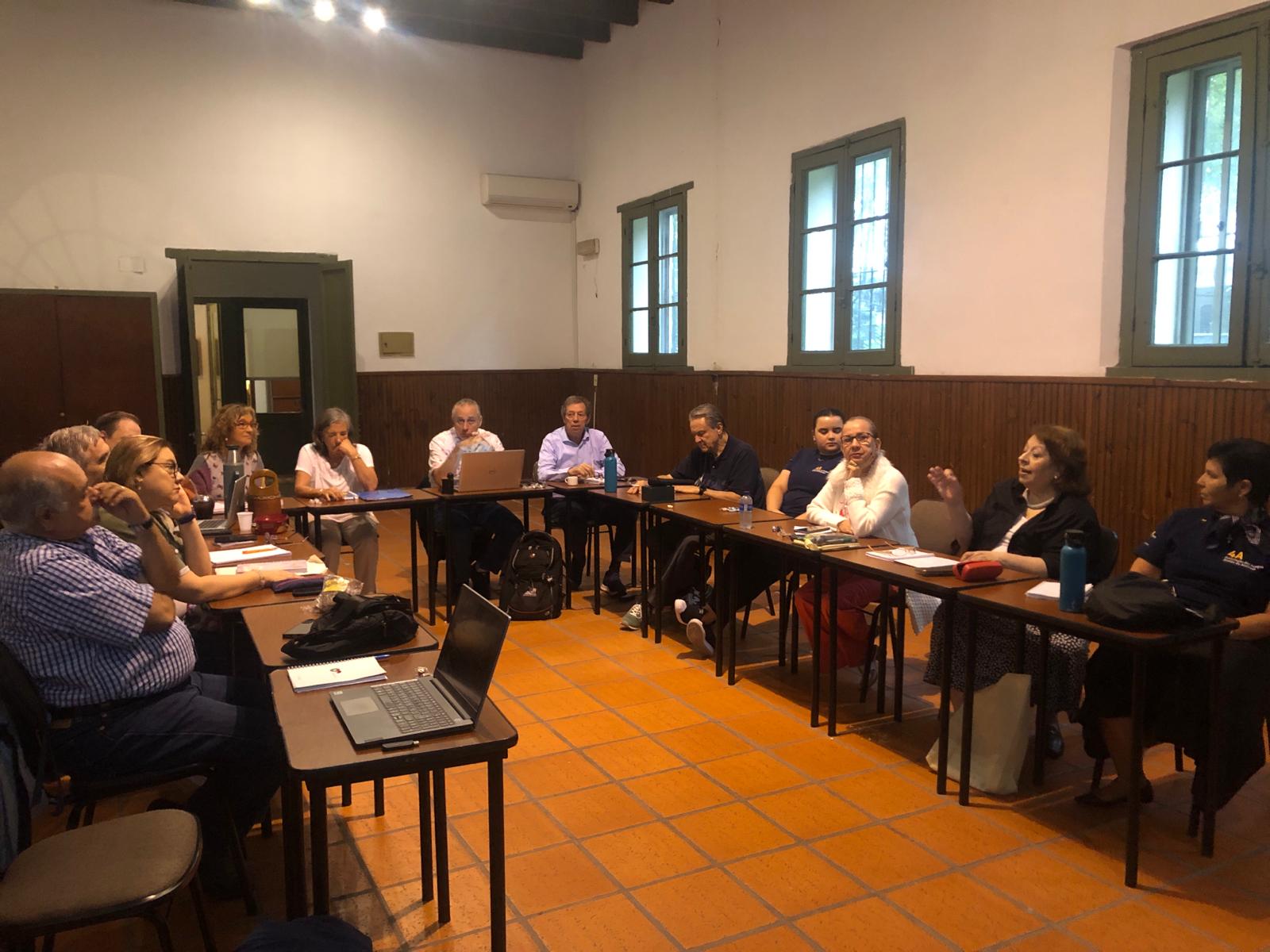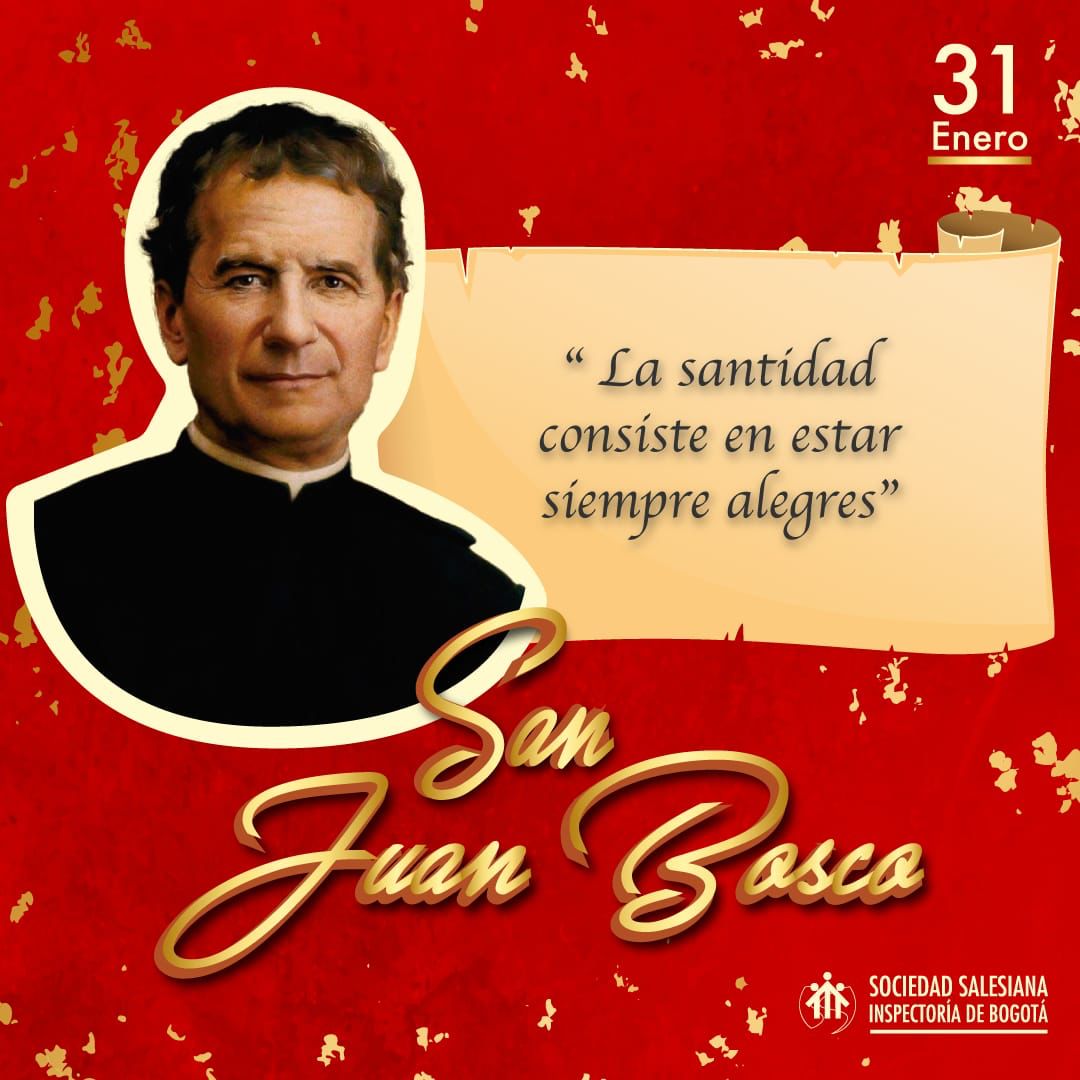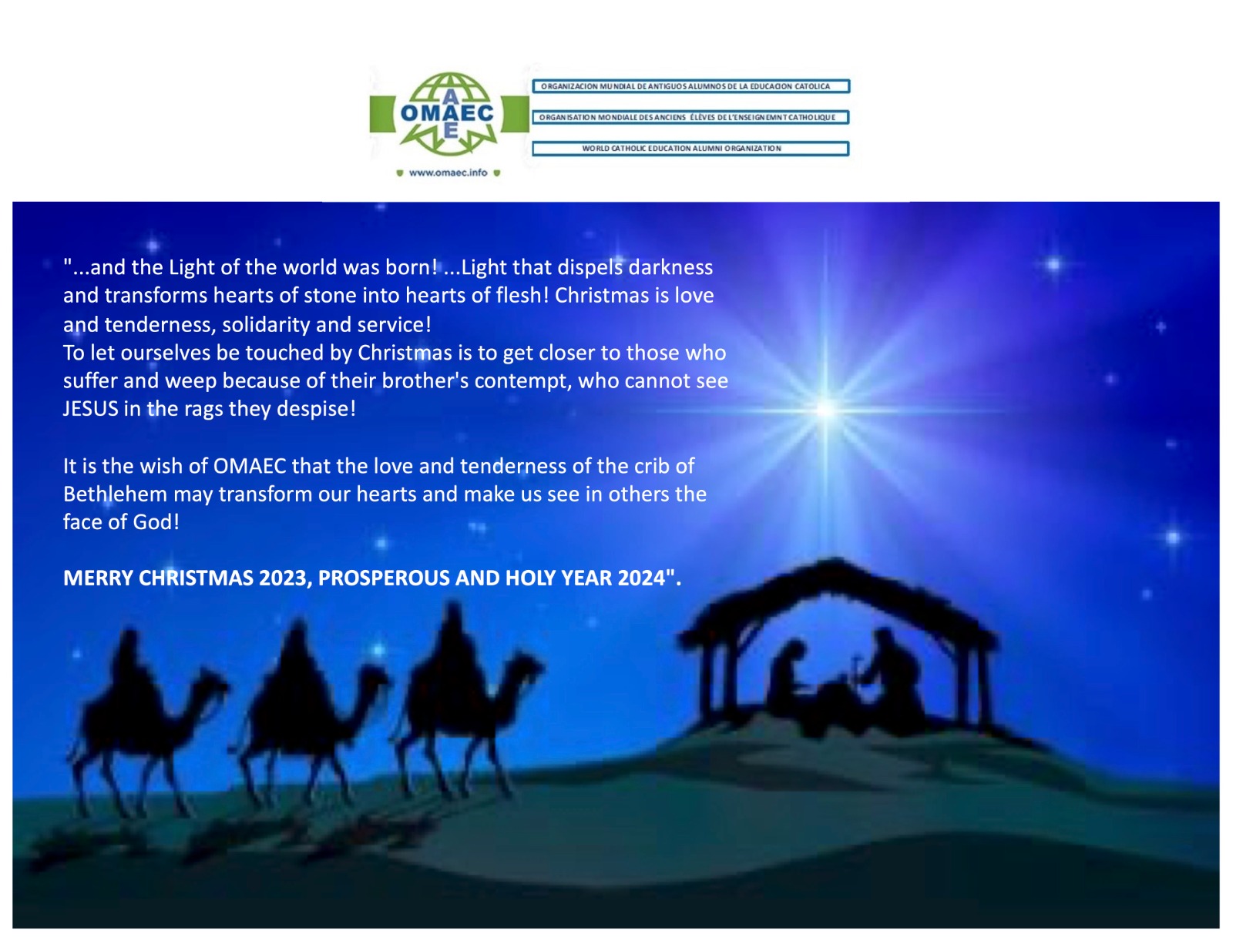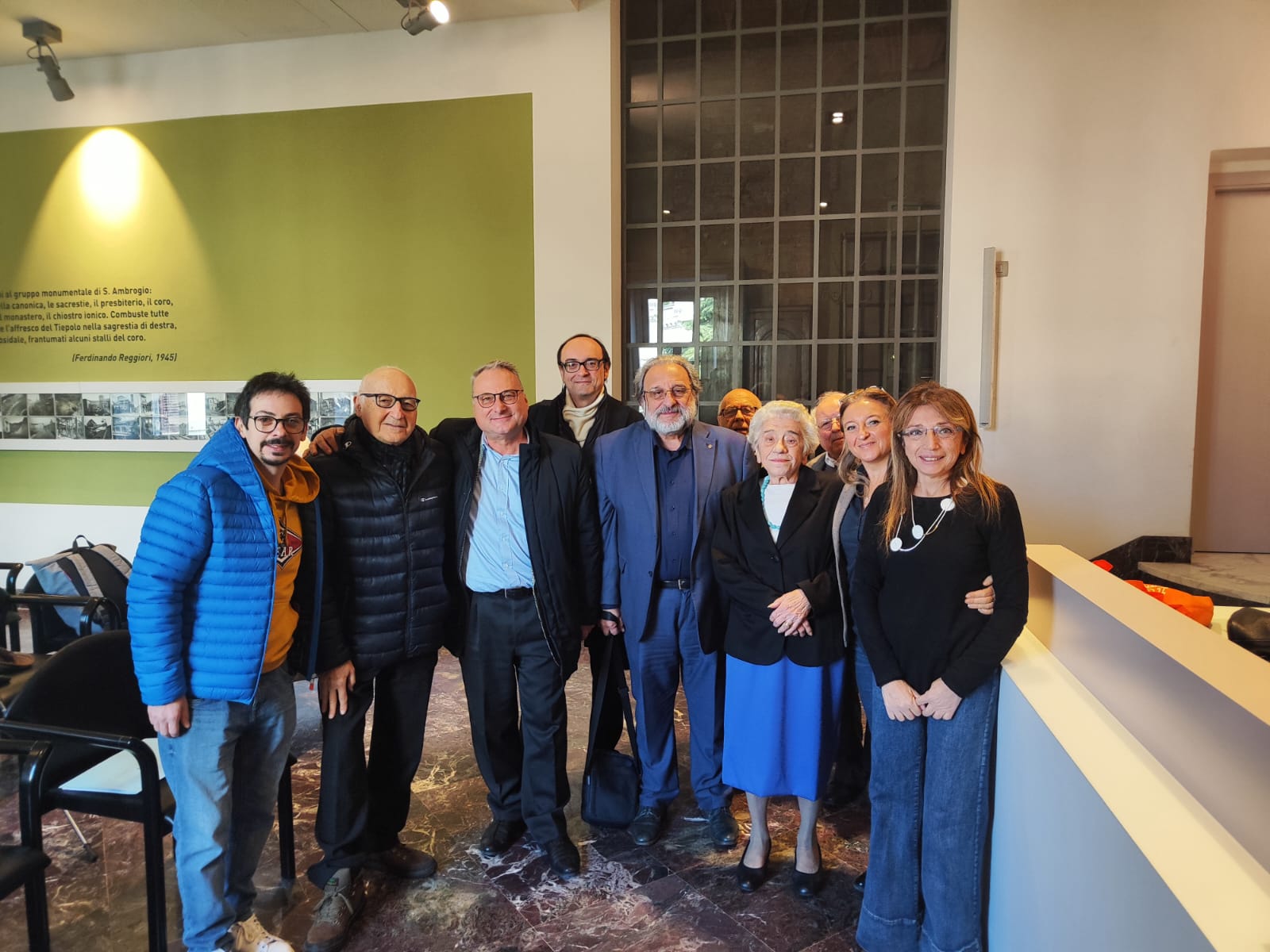Dear friends,
In order to know all our members better, you will find below an interview with our most recent member: UNION (Turkey) in the person of its President –Marc Buker-.
1) The Alumni Association of French Schools in Turkey will celebrate its 32nd anniversary. Marc, what do you think is the main contribution of the Alumni Association for the new generations and in general for its social environment in Istanbul/Turkey?
Our UNION des Anciens Elèves des Ecoles Françaises de Turquie gathers the alumni of six different schools: Notre Dame de Sion, Saint-Benoît, Saint-Joseph d’Istanbul, Saint-Joseph d’Izmir, Saint-Michel and Sainte-Pulchérie, founded by various Catholic congregations and educating today more than 6,000 pupils. They are centuries-old schools, the oldest of which, St Benedict’s, dates from the 16th century. Each of these schools has its own association and each former student can join the association of his or her school. The main contribution of the UNION is that it brings together, under one umbrella, all the former pupils of the six French schools in Turkey, without distinction of school. At a time of globalisation and the importance of networks, our UNION has helped to bring together men and women who have received the same education, who have the same open and tolerant view of the world, and who can, together, take more global and ambitious initiatives. Since 1989, the UNION has thus federated all the forces of the former students to organise exhibitions, conferences and actions involving our six schools and all the former students.
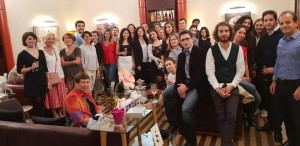 2) What concrete activities does the Union carry out?
2) What concrete activities does the Union carry out?
The UNION contributes to the development of our schools in close collaboration with the Federation of French Catholic Schools in Turkey, which brings together the superiors of the founding congregations of our schools. We provide meeting places for the alumni of our schools during our activities, videoconferences or social media (facebook, linkedin, instagram, among others). We organise activities in prestigious and symbolic places (such as the international headquarters of UNESCO or the OECD, where we celebrated our 30-year and 20-year anniversaries) to promote our alumni movement and the open philosophy of our schools. During the recent period of confinement, we had to transform our meetings into virtual ones, which allowed us to bring together Unionists living on all continents in our series of videoconferences, including the one entitled “Union Without Borders”. We even celebrated the 150th anniversary of St. Joseph’s High School in Istanbul by videoconference, with the participation of the entire St. Joseph’s community, all the headmasters of our schools, all our alumni, the senior brothers, the French ambassador to Turkey and COFAEC.
3) Within the group of former members, which age group is most attached to the objectives of the Union and what do you think is the reason for this?
I think that each alumnus has a different reason to join to the UNION, depending on their age. For the youngest graduates, they benefit from our “Union Accueil” programme, which supports their arrival at a university in France (help in finding accommodation, opening a bank account, orienting their studies). For young graduates, our alumni network helps them find an internship, a job or at least provides advice. And for those who are in working life or retired…I must say that there is a general feeling among Unionists that it is in our schools that we experienced our best years of study, it is in our buildings that we received our most important education and values: we return to our schools and to our comrades. This is how Unionists inevitably find other Unionists in our meetings, with whom they will be able to find this same spirit, beyond the differences of schools or generations.
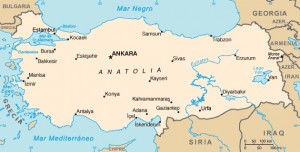 4) With a population that is predominantly Islamic, how does a Catholic school alumni group live and witness to their faith?
4) With a population that is predominantly Islamic, how does a Catholic school alumni group live and witness to their faith?
It should be noted that our schools have a very large majority of Muslims. I remember that in 1985, I had an individualised catechism lessons since I was the only Christian in my class of 40 students! Far from worrying us, it is above all a magnificent example that our Congregational schools are giving in a country of more than 80 million people, which has historically seen several civilisations flourish in its lands and has always lived in a multi-religious context. The particularity of our schools is that they welcome, under the statue of our “Saints” and the French flag, young people of different faiths; families are always just as willing to enrol their children in our schools, which admit students on the basis of competitive examination. This multicultural mix is natural and is experienced on a daily basis without any clashes. When we think of the great evils in our world caused by inter-religious tensions, our schools are living examples that, with tolerance and openness to others, “living together” is possible and even stimulating. To use the title of an exhibition we organised in Paris, in the town hall of the 6th arrondissement (Place Saint-Sulpice), our schools are “roots for the future”: they teach us those values of humanism that are so important for understanding today’s world and helping to shape it.
